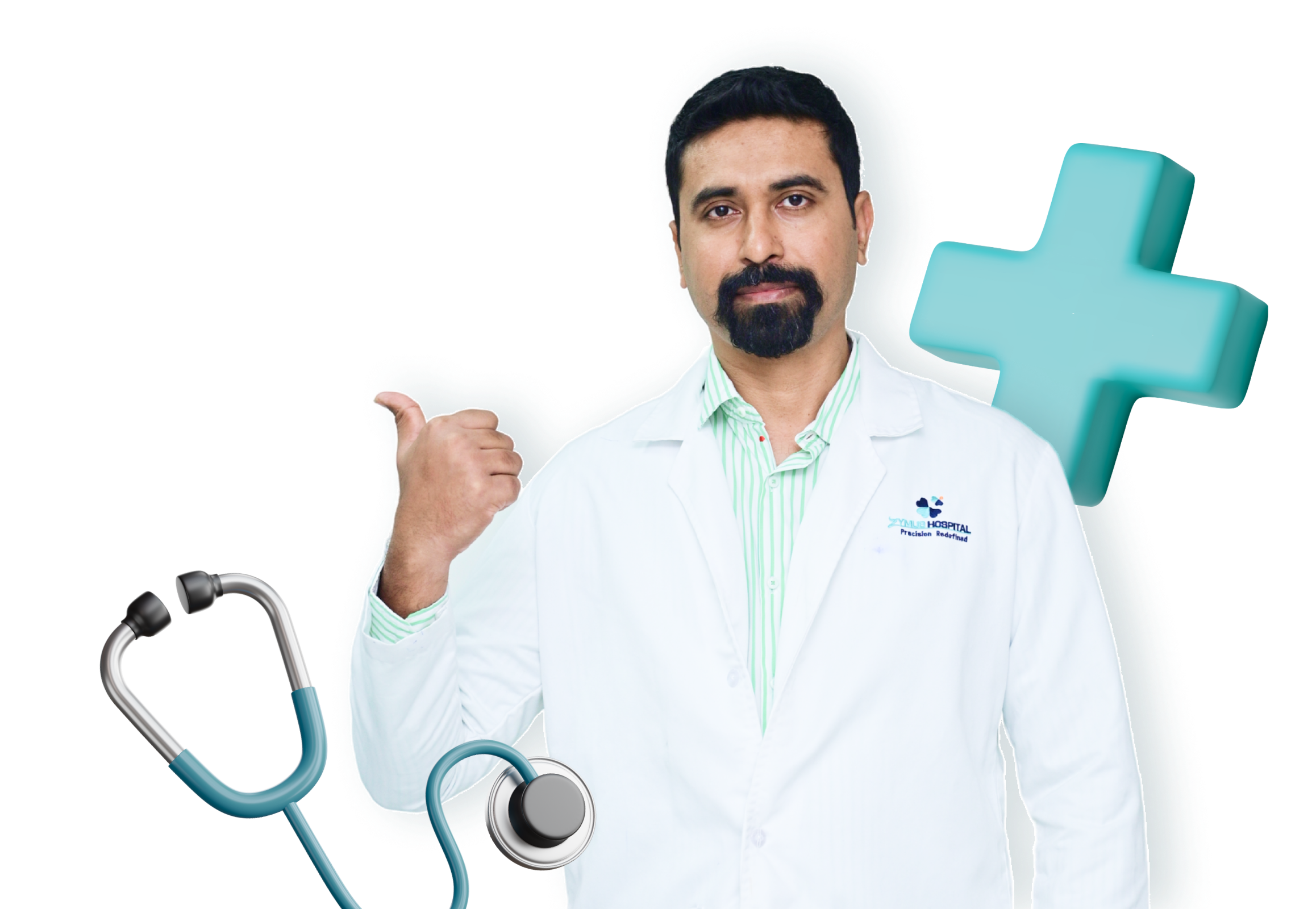Testicular cancer occurs when abnormal cells in the testicles begin to grow uncontrollably. The testicles (or testes) are part of the male reproductive system and are responsible for producing sperm and testosterone, the male hormone. Testicular cancer is relatively rare but is the most common cancer in men aged 15 to 35. Fortunately, it is highly treatable, even when the cancer has spread beyond the testicles.

Testicular Cancer
Detailed Information
The exact cause of testicular cancer is not clear, but certain risk factors may increase the likelihood of developing it:
1. Undescended Testicle (Cryptorchidism): Men born with one or both testicles that did not descend into the scrotum have a higher risk of testicular cancer.
2. Family History: A family history of testicular cancer may increase the risk.
3. Age: It primarily affects younger men, particularly between ages 15 and 35.
4. Race and Ethnicity: Testicular cancer is more common in white men than in men of other races.
5. Previous Testicular Cancer: Having had cancer in one testicle increases the risk of developing it in the other.
1. Undescended Testicle (Cryptorchidism): Men born with one or both testicles that did not descend into the scrotum have a higher risk of testicular cancer.
2. Family History: A family history of testicular cancer may increase the risk.
3. Age: It primarily affects younger men, particularly between ages 15 and 35.
4. Race and Ethnicity: Testicular cancer is more common in white men than in men of other races.
5. Previous Testicular Cancer: Having had cancer in one testicle increases the risk of developing it in the other.
Testicular cancer may cause a variety of signs and symptoms, including:
• A lump or swelling in either testicle, usually painless
• A feeling of heaviness or aching in the lower abdomen or scrotum
• Sudden fluid accumulation in the scrotum
• Pain or discomfort in the testicle or scrotum
• Back pain (in cases where the cancer has spread)
• A lump or swelling in either testicle, usually painless
• A feeling of heaviness or aching in the lower abdomen or scrotum
• Sudden fluid accumulation in the scrotum
• Pain or discomfort in the testicle or scrotum
• Back pain (in cases where the cancer has spread)
There is no sure way to prevent testicular cancer, but some steps may help in early detection:
1. Regular Self-Exams: Performing monthly self-exams can help detect any lumps or changes in the testicles early.
2. Routine Medical Checkups: Regular physical examinations by a healthcare provider can help spot potential issues before they become serious.
Early detection is key to successful treatment, so men should seek medical advice if they notice any abnormalities.
1. Regular Self-Exams: Performing monthly self-exams can help detect any lumps or changes in the testicles early.
2. Routine Medical Checkups: Regular physical examinations by a healthcare provider can help spot potential issues before they become serious.
Early detection is key to successful treatment, so men should seek medical advice if they notice any abnormalities.
Treatment for testicular cancer is highly effective and usually involves a combination of the following options:
1. Surgery: The most common treatment is the removal of the affected testicle (orchiectomy). This surgery is typically curative for early-stage cancer.
2. Radiation Therapy: High-energy radiation may be used to target and kill cancer cells, particularly in cases of seminoma, a type of testicular cancer.
3. Chemotherapy: Drugs are used to destroy cancer cells, especially for more advanced cases or cancers that have spread.
4. Surveillance: For certain early-stage cancers, close monitoring without immediate treatment may be recommended after surgery.
1. Surgery: The most common treatment is the removal of the affected testicle (orchiectomy). This surgery is typically curative for early-stage cancer.
2. Radiation Therapy: High-energy radiation may be used to target and kill cancer cells, particularly in cases of seminoma, a type of testicular cancer.
3. Chemotherapy: Drugs are used to destroy cancer cells, especially for more advanced cases or cancers that have spread.
4. Surveillance: For certain early-stage cancers, close monitoring without immediate treatment may be recommended after surgery.
Book Your Consultation Now
Schedule an appointment with the leading uro-oncologist in Bangalore, Dr. Anil
Kumar T. Benefit from expert care and advanced treatment options for all your
urological needs, delivered with a patient-centered approach.

Resolve Your Queries
Answers to the most common inquiries about urological conditions, treatments, and patient care. Designed to offer quick guidance and help you better understand, ensuring you feel informed and confident in your healthcare decisions.
Still have queries about Urology & Uro Oncology? Hit the button below.
Accordion Tab Title 2
Lorem ipsum dolor sit amet, consectetur adipisicing elit. Optio, neque qui velit. Magni dolorum quidem ipsam eligendi, totam, facilis laudantium cum accusamus ullam voluptatibus commodi numquam, error, est. Ea, consequatur.
Accordion Tab Title 3
Lorem ipsum dolor sit amet, consectetur adipisicing elit. Optio, neque qui velit. Magni dolorum quidem ipsam eligendi, totam, facilis laudantium cum accusamus ullam voluptatibus commodi numquam, error, est. Ea, consequatur.
Visit Us
Zymus Hospital Address
No.1, K NO. 92, Nanjappa Complex, Kanakapura Rd, Raghuvanahalli, Bangalore City Municipal Corporation Layout, Bengaluru, Karnataka 560062
Menu
Menu
Quick Links
Menu
Copyright © 2024. Dr Anil Kumar T

